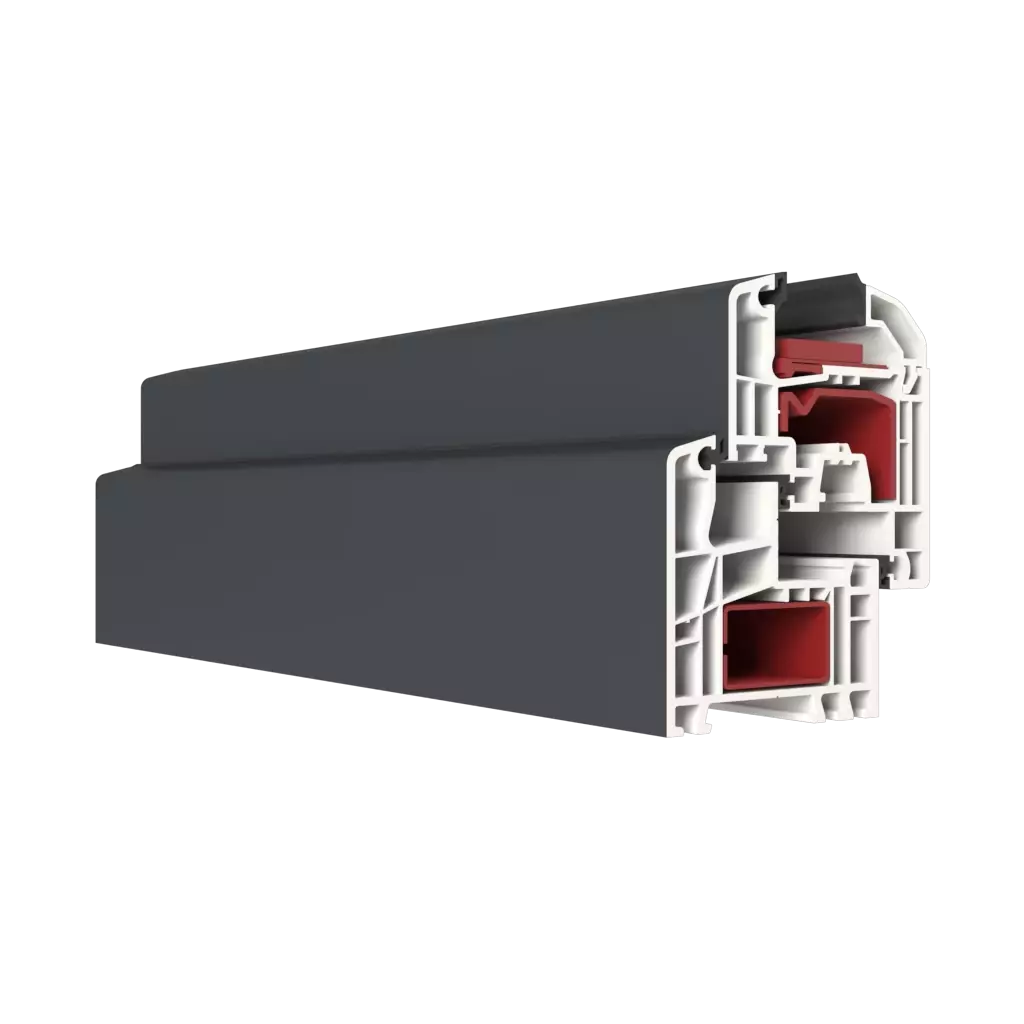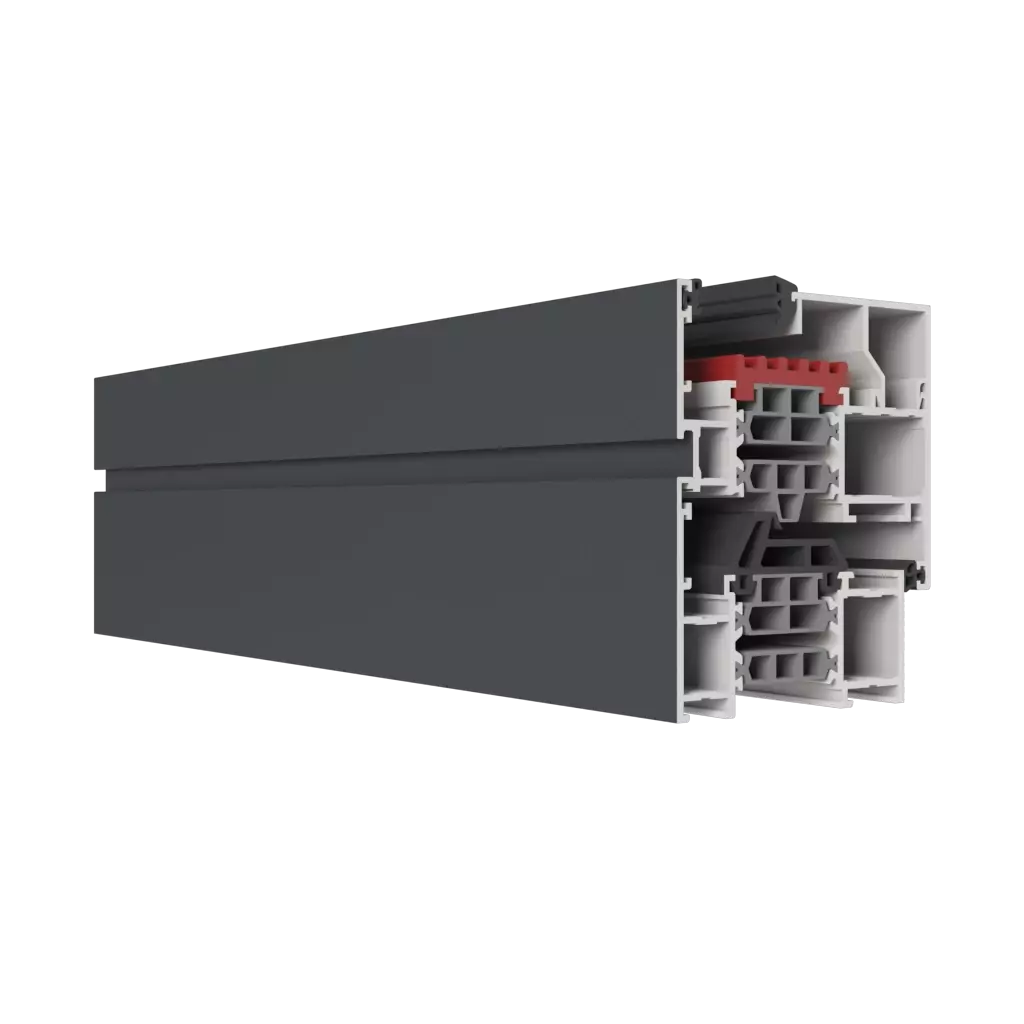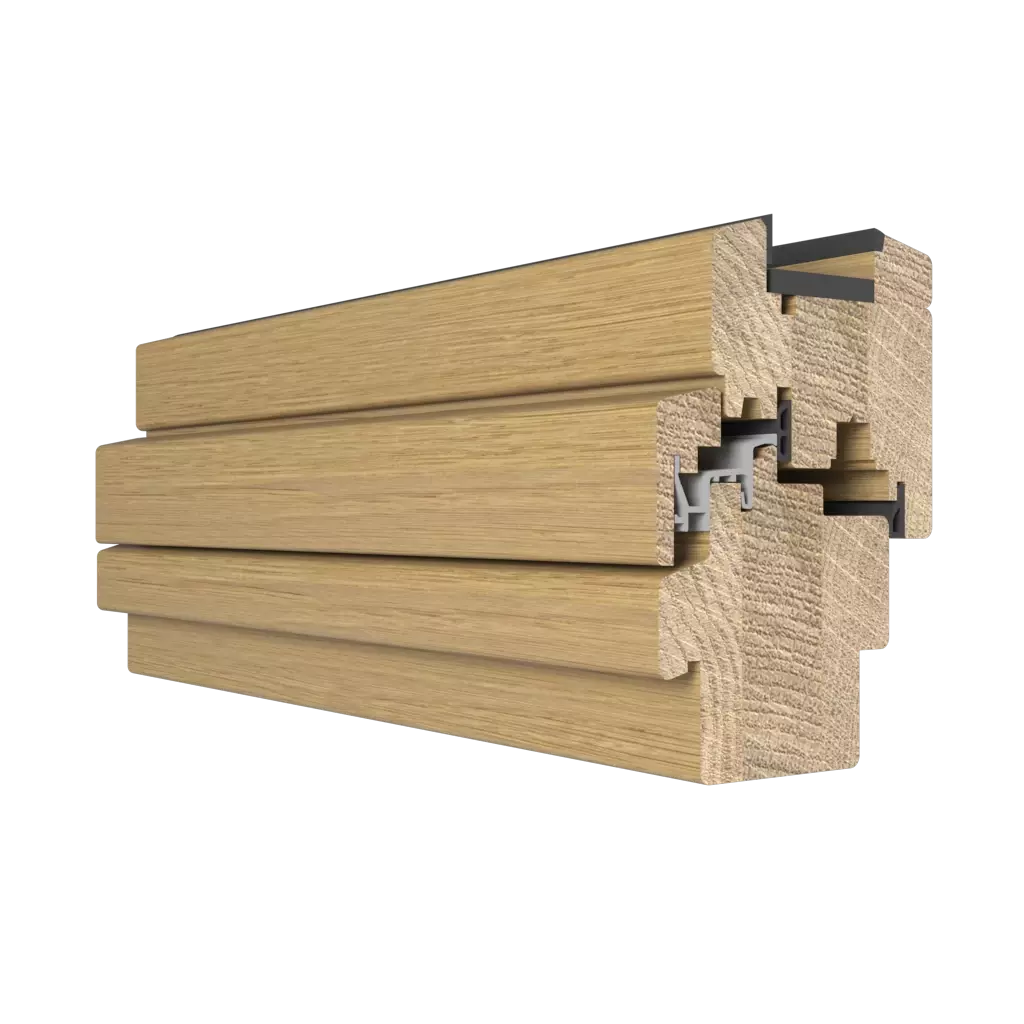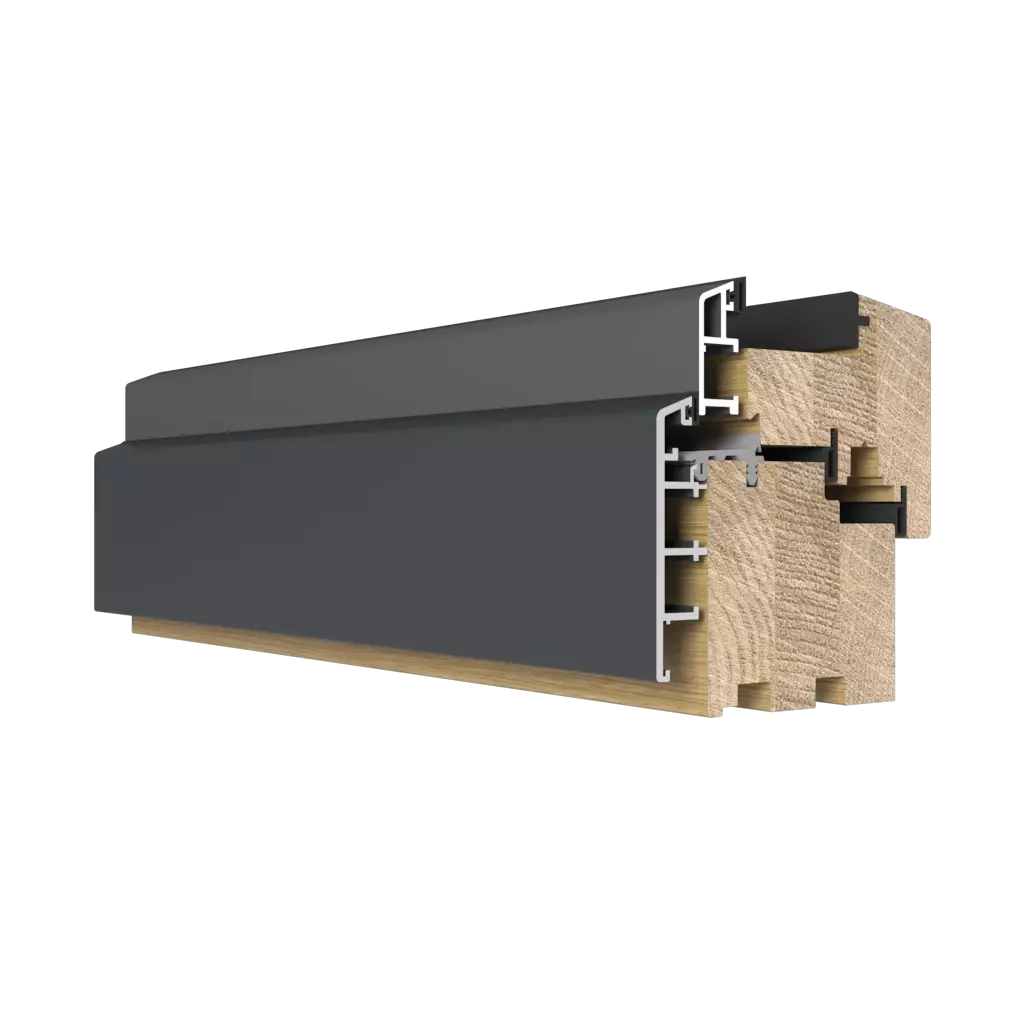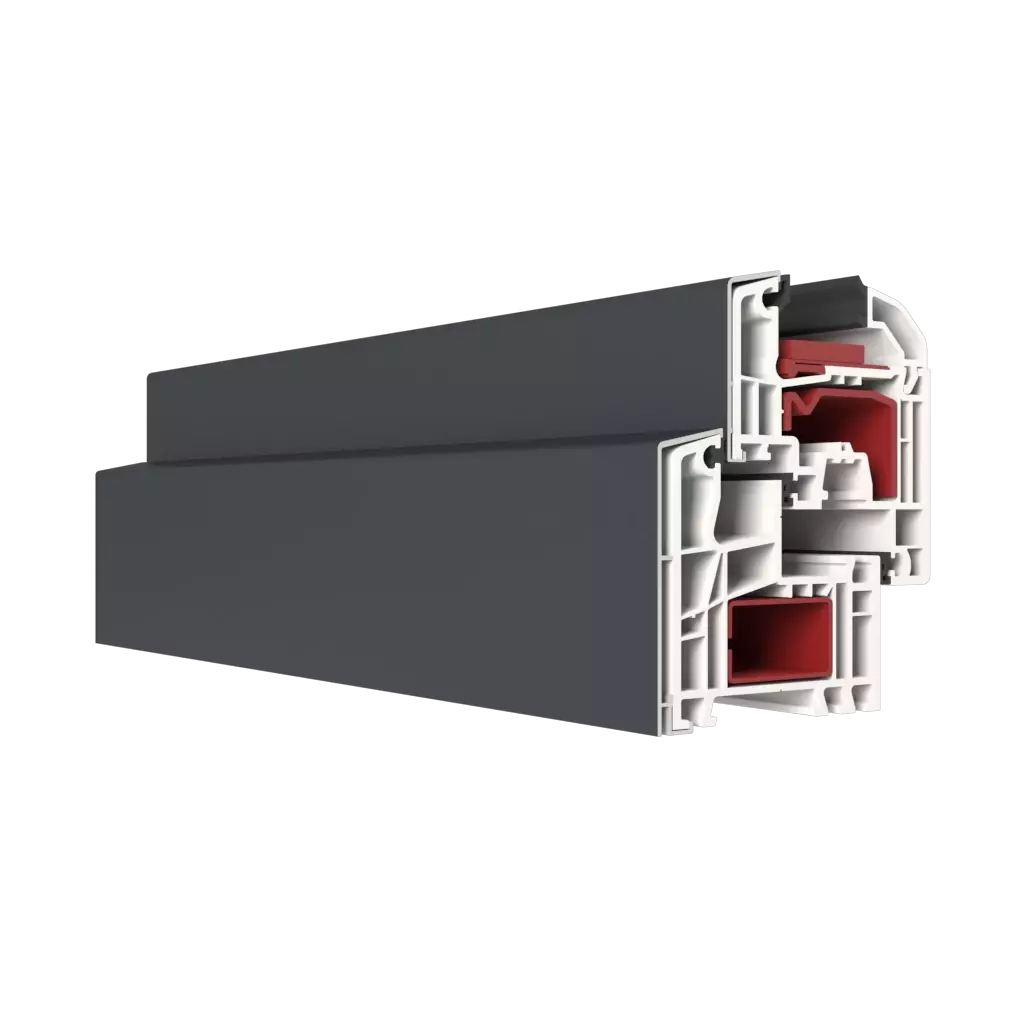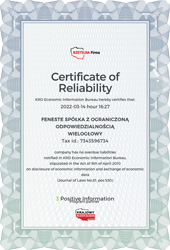What are the popular materials used for the production of windows and what are their advantages and disadvantages?
There are several common materials used to make windows, each with its own unique characteristics. Here are some examples of the most commonly used materials, along with their advantages and disadvantages:
PVC (polyvinyl chloride):
- Advantages: PVC is a popular window material due to its durability, low price and ease of maintenance. PVC windows are resistant to corrosion, easy to clean and do not require painting. They provide good thermal and acoustic insulation.
- Cons: PVC windows may be less aesthetically pleasing compared to some other materials, and some people may not like their appearance. In addition, some cheap PVC windows may be less durable and susceptible to deformation in extreme conditions.
Wood:
- Advantages: Wooden windows have an elegant and natural look that suits various architectural styles. Wood is an ecological material and provides excellent thermal and acoustic insulation. They can be easily repaired and repainted, allowing you to adapt to changing preferences.
- Cons: Wood requires regular maintenance such as painting or varnishing to maintain its durability and aesthetics. It is more susceptible to weathering such as moisture and expansion, which can lead to more frequent repairs.
Aluminum:
- Advantages: Aluminum windows are lightweight, durable and corrosion resistant. They have narrow frames, which provides a larger glass area and more natural light. Aluminum is easy to clean and does not require painting. Aluminum windows are also fire resistant.
- Disadvantages: Aluminum is a good conductor of heat, which can lead to energy loss if windows are not properly insulated. Compared to wood and PVC, aluminum windows can be more expensive.
Composites (e.g. wood-aluminium, PVC-aluminium):
- Advantages: Composite windows combine the advantages of different materials. For example, wood-aluminium windows combine the natural charm of wood with the durability of aluminum on the outside. PVC-aluminum windows combine the durability and ease of maintenance of PVC with the strength of aluminum on the outside.
- Cons: Composite windows can be more expensive than single materials and require specialist installation.
Choosing the right window material depends on your aesthetic preferences, budget, building location and expected thermal and acoustic performance. Before making a decision, it is worth consulting a window manufacturer or specialist to get individual advice and choose the best solution for your needs.
